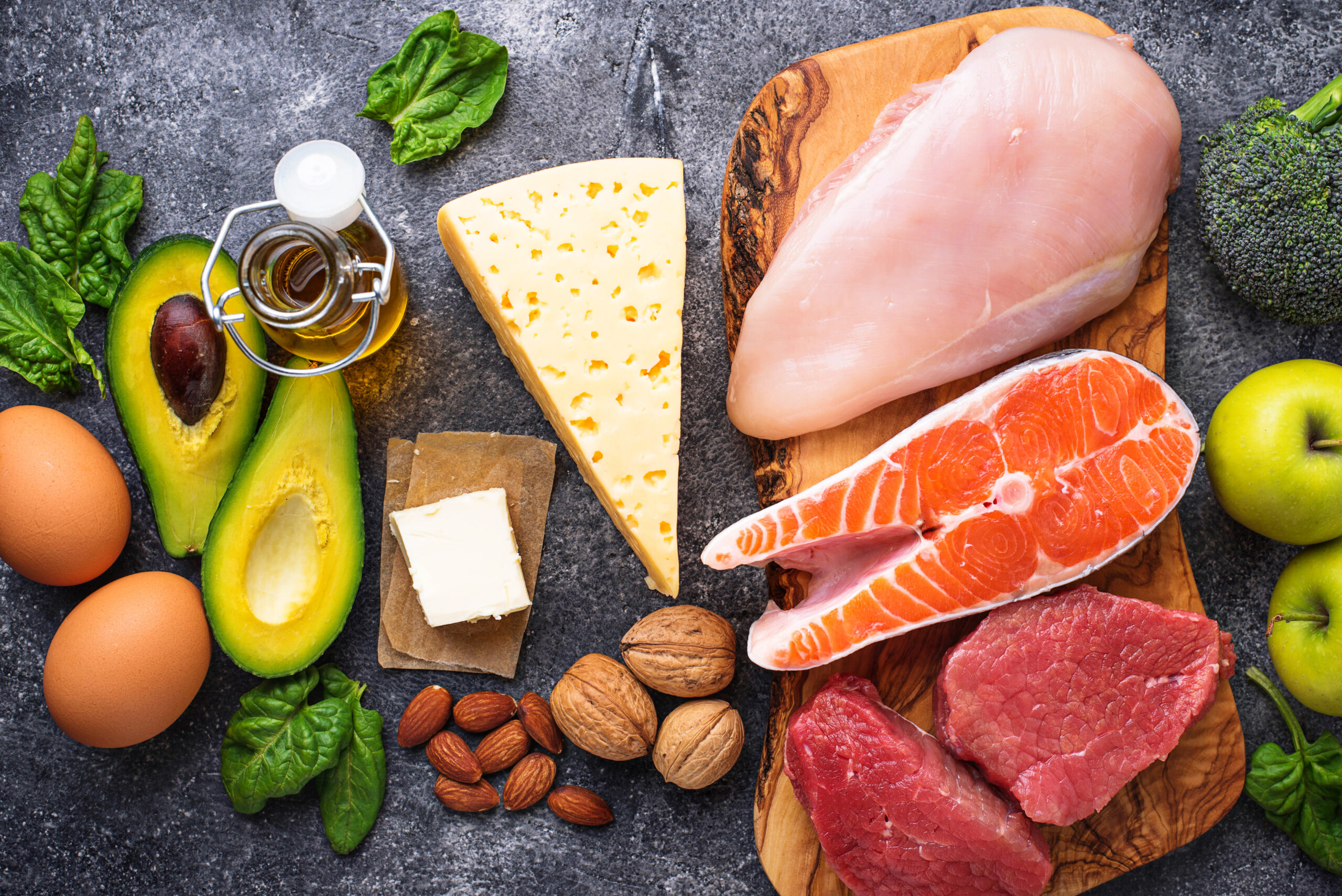Ketogenic Diet vs Intermittent Fasting (Part 1)
Did you know that, being overweight or obese, is strongly linked to greater risks of 13 types of cancer?
In fact, being overweight, ranks as the second biggest preventable cause of cancer, after tobacco smoking!
Are you thinking of losing weight? Confused with the numerous types of diet over-flooding the internet? Thinking of starting a ketogenic diet or intermittent fasting? Read this first!
Ketogenic Diet
What is it?
The ketogenic diet (or keto diet) is a low carbohydrate, high fat diet — reducing carbohydrate intake from the recommended 50-60% of total energy intake into 5-10%, while increasing fat intake from 25-30% into 75%!
This diet was originally meant short-term control of seizure for children with epilepsy. Researchers found that it mimics the fasting state and may be helpful for weight loss.
How it works?
When you deprive your body of its preferred or primary energy source which is carbohydrate, cells are forced to break down or “burn” fat instead to supply energy for your body.
Specific chemicals known as ketone bodies are formed as a by-product, hence “ketosis” or “ketogenesis” occurs, which mimics the fasting state, and switches your body to a fat-burning mode.
Pros:
There is evidence that use of ketogenic diet can lead to short-term benefits of effective weight loss and improved blood sugar control in type 2 diabetes, but there’s currently no evidence of superior weight loss or blood sugar control in the long term as compared to other conventional weight loss methods.
Cons:
The ketogenic diet can be difficult to comply, and the elimination of many nutritious food groups may lead to nutrient deficiencies.
Some people experience the “keto flu” with symptoms such as nausea, headache, sugar cravings, irritability, tiredness, diarrhea, and muscle cramps.
Low intake of dietary fiber, increases the risk of constipation, and colon cancer.
The drastically high fat intake, increases the risk of high blood cholesterol levels and fatty liver.
Cutting out carbohydrates makes you feel lethargic, and impairs athletic performance.
Last but not least, be very cautious about ketogenic diet if you have heart disease, fatty liver, kidney disease, gout, diabetes, or gastric reflux.
Stay tuned for the next post about Intermittent Fasting!






